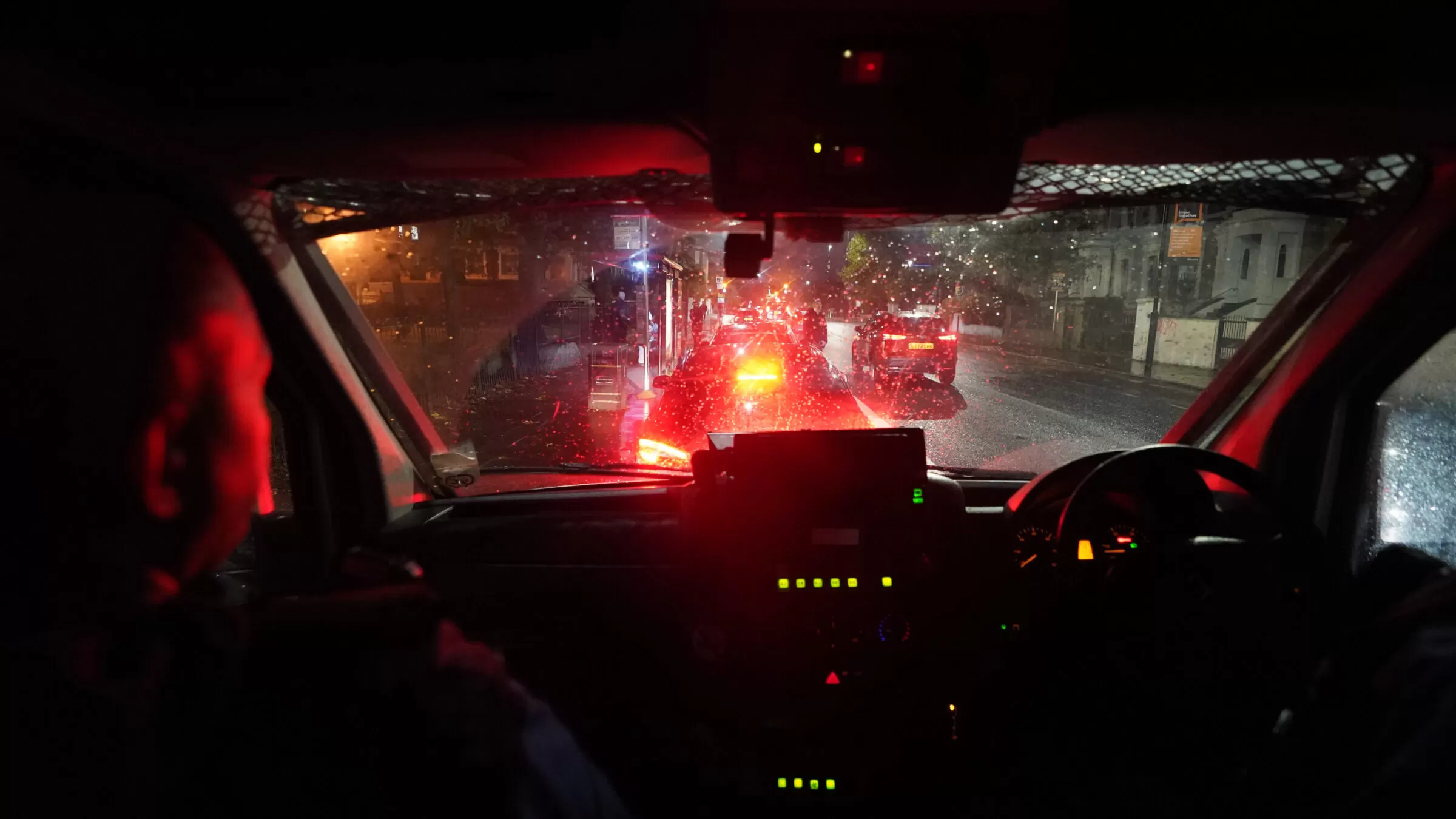
Drug Dealers Are Now Being Charged With Human Trafficking
Laws meant to stop “modern slavery” and “human trafficking” are being stretched beyond comprehension, once again. When most people hear a term like “human trafficking,” they imagine someone being violently abducted, possibly smuggled across borders, and forced into something like manual labor or prostitution. But laws against human trafficking—or, as it’s often referred to in the U.K., “modern slavery”—target a much wider range of conduct, including actions way less severe than the modern slavery label would imply. Human trafficking laws are frequently used to justify stings on sex workers, and charges may be levied against sex workers themselves or anyone who facilitates their business, even when all parties are consenting. Now, the U.K. is further twisting the meaning of human trafficking, this time to go after people who sell drugs.
Glodi Wabelua was the test case for this sort of prosecution. As a teenage immigrant with few prospects, Wabelua began selling drugs. Eventually working his way up from drug runner to shift supervisor, the 20-year-old Wabelua wound up overseeing the business of other drug runners, including a 16-year-old boy. After the boy was caught—and criminally charged—Wabelua was charged with trafficking him.
The boy told police that he was selling drugs of his own volition and that Wabelua had not forced or coerced him into doing so. But it didn’t matter. The U.K. has taken a very broad view of human trafficking, using its Modern Slavery Act to target anyone who employs a minor in the drug trade.
Now aged 28 and released from prison, Wabelua is subject to the extreme restrictions that come with slave master convictions. “He cannot rent an apartment or a car without the approval of a probation officer. He cannot date someone without reporting his relationship. Every inch of his life, from his bank account to his internet history, can be inspected,” The New York Times reports in a lengthy look at Wabelua’s story and its broader implications. “He cannot be near children, or go to schools or youth clubs. And, most critically, he needs the government’s blessing before he can accept a job. Any breach can send him back to prison for up to five years.”
Wabelua was the first drug dealer to be prosecuted under the U.K.’s Modern Slavery Act, but not the last. There’s no doubt “that slavery prosecutions are on the rise, and that the authorities are targeting domestic drug dealers—even more so than the cross-border human traffickers who inspired the law,” says the Times. “A survey of five years’ worth of local news reports shows that most of the defendants in drug-related slavery cases were Black men under 21. Many, if not all, were only one rung removed from the streets themselves.”
It’s not difficult to theorize why authorities like using human trafficking laws against drug dealers and sex workers. Laws targeting prostitution and low-level drug crimes may seem overly punitive to you and me, but for many authoritarians these punishments don’t go far enough. By ratcheting up the charges to human trafficking or modern slavery, officials can subject sex workers and drug dealers to much longer periods of incarceration, larger fines, and more stringent restrictions on movement, employment, free association, free speech, and privacy.
In addition, claims of targeting “human trafficking” or “modern slavery” tend to give authorities carte blanche for whatever law enforcement spending and civil liberties infringements they like. But in order to justify these claims, authorities need—at least sometimes—to actually convict some people of human trafficking. Estimates of the prevalence of human trafficking are wildly inflated, however, which makes catching actual human traffickers difficult. But authorities can juice their numbers by charging drug dealers, sex workers, etc., with human trafficking. Expanding the definition of human trafficker means more convictions, which in turn means huge “increases” in human trafficking numbers that authorities can point to in order to further justify expanding the police state to stop this crime.
